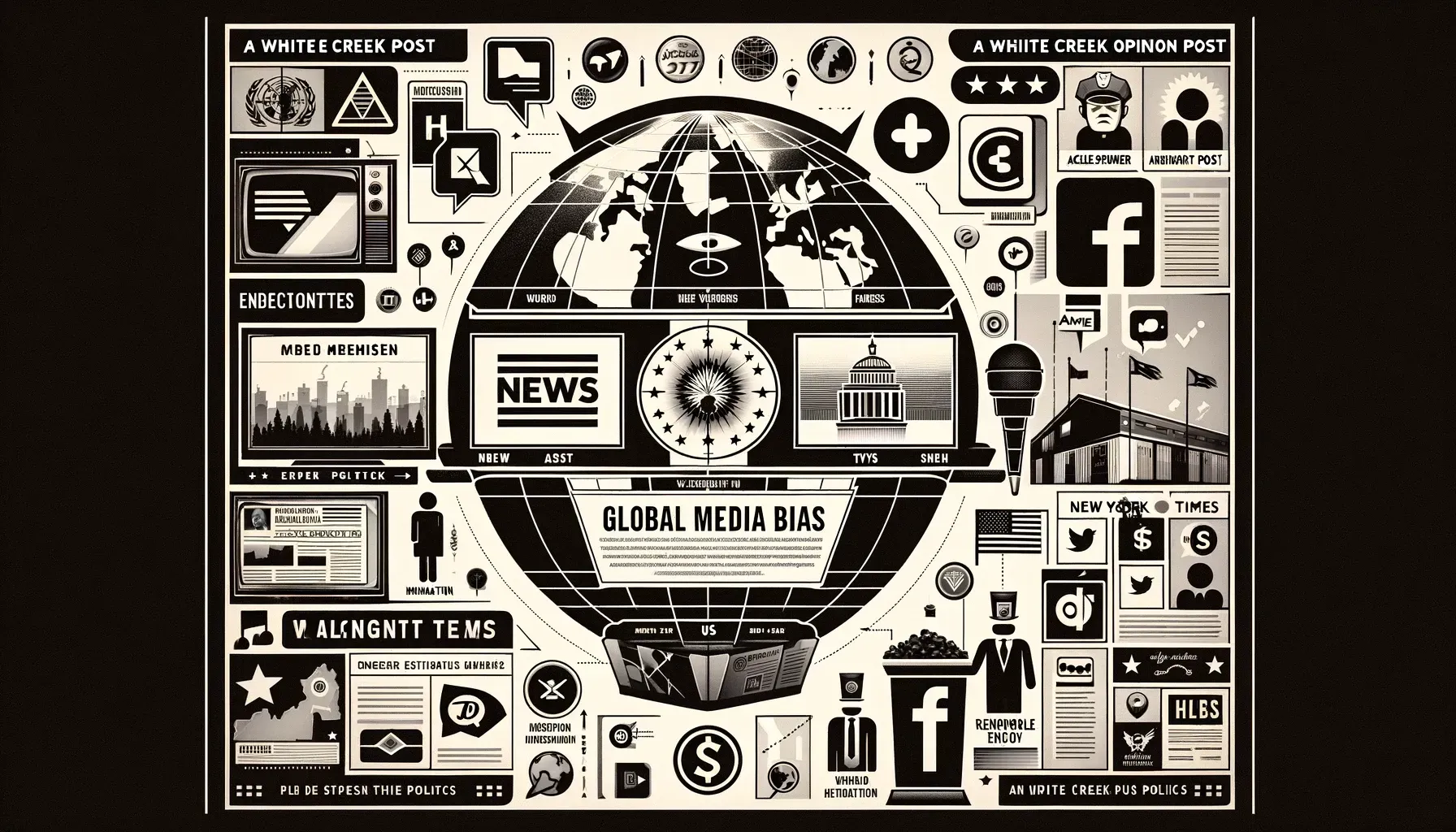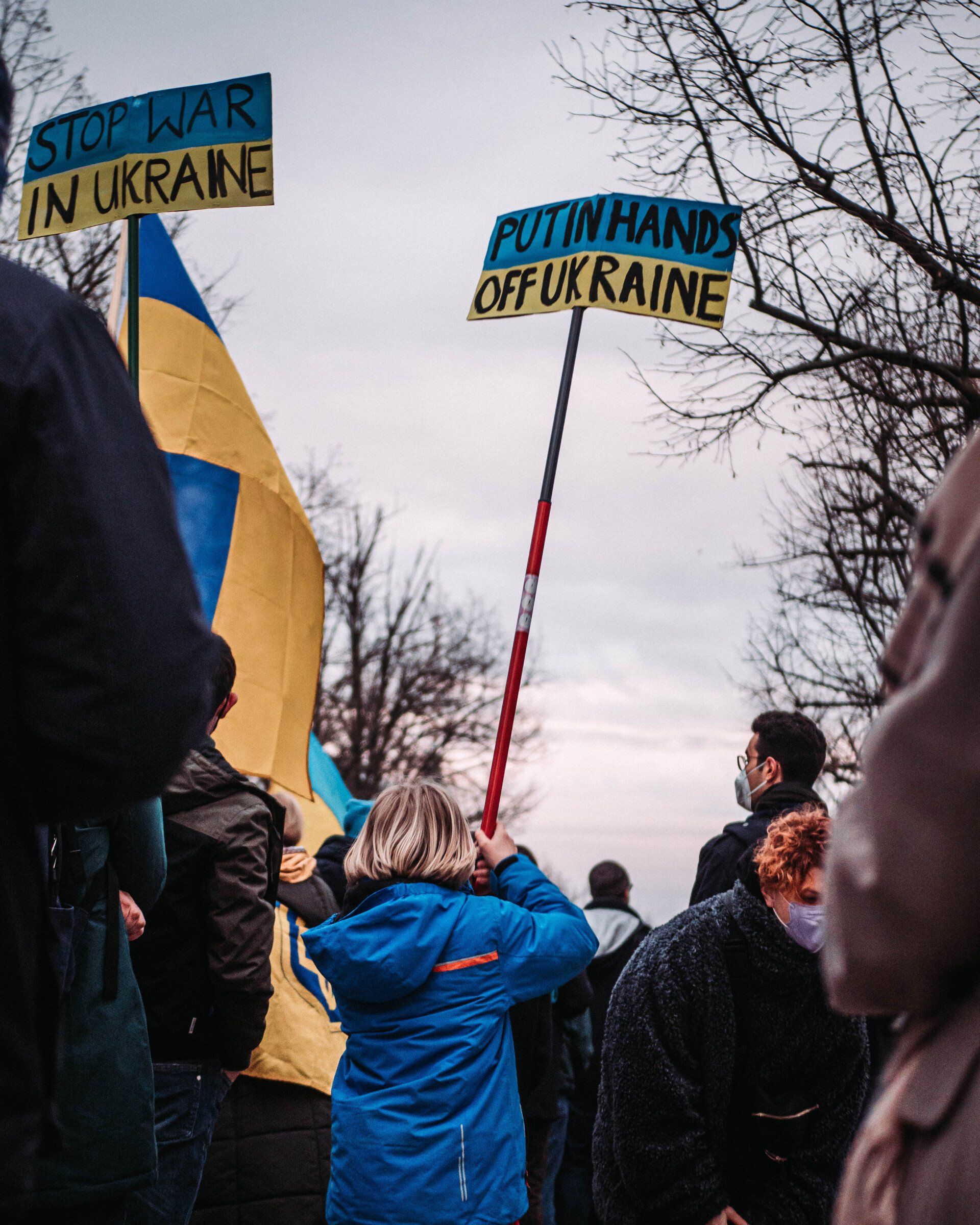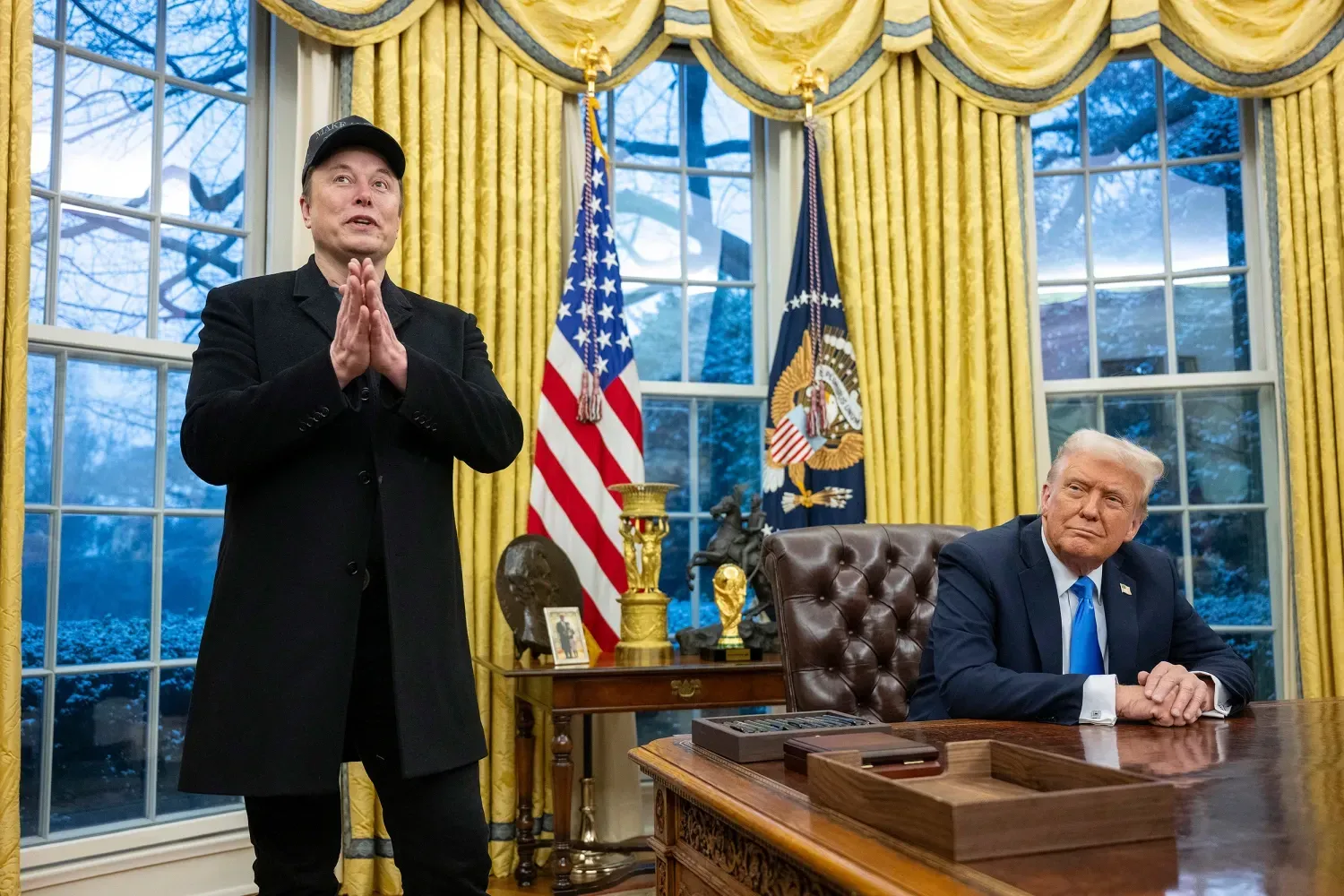Geo-Political Focus - February: War, Resources, and the Battle for Global Influence in 2025
From Ukraine to the Middle East, global alliances are shifting as economic, military, and ideological battles redefine the world order.
Geographical block-building or natural resource allocations for a future without war. Notably, no European country is listed among the top 20 for natural resources. Do you think Ukraine was used as a tool for conquest in the name of NATO for resources? Wars are driven by territorial ambitions, religious ideologies (including democracy and psychological warfare), or resource control (oil and now raw earth). With all the political tools at their disposal—WTO, G7, G20, BRICS, etc.—one would expect politicians to make reasonable decisions for their people.
Hitler invaded Russia on June 22, 1941, primarily due to ideological goals of eradicating communism and repopulating the western Soviet Union with Germans as part of his vision for a greater Germany. The invasion, known as Operation Barbarossa , aimed to create a "Garden of Eden" in the newly acquired territories, reflecting Hitler's desire for territorial expansion and racial ideology. Despite the risks, Hitler believed that a swift victory over the Soviet Union would secure Germany's dominance in Europe.
It is 2025, and the world continues to fight the Ukraine war. It is worth noting that it was not Stalin who invaded Europe. After the Soviet Empire collapsed in 1990, Western financial interests did not invest in Russia but instead attempted to exploit its resources. When this failed, the oligarch system emerged. Subsequently, NATO positioned itself as the aggressor, pushing Russia to defend what it perceived as a security threat.
Merkel believed it was an "illusion" to assume that MAP status "would have protected Ukraine and Georgia from Putin's aggression, that this status would have had such a deterrent effect that Putin would have accepted...without doing anything." "The fact that Georgia and Ukraine did not receive a MAP commitment was a 'no' to their aspirations. However, NATO's promise of future membership for these countries was a 'yes' for Putin, interpreted as a declaration of war," admitted the former chancellor.
With an EU-US coalition supporting the war, the narrative of a potential Russian invasion into Europe served as justification for the conflict. Yes, Russia entered Ukraine, and Putin may now see it as a mistake—but what was the alternative? By now, NATO and the US would likely have established long-range "defensive" missiles in Ukraine to safeguard Russia's natural resources. Now that President Trump is urging Putin to end this devastation—where perhaps a million soldiers have perished—the West labels him a traitor. The alternative? Continuing to wage war until Ukraine is utterly destroyed. Simply put, the Western alliance sacrificed Ukrainians in failed negotiations over NATO's expansion, which should have been settled in 2022. Now, with territorial losses, a weakened Ukrainian army, and Russia's strategic advantage, who has the stronger position to negotiate? Is this a betrayal of Ukraine or a miscalculation by the Western alliance? Perhaps the reality is that Russia, through BRICS or European diplomacy, presented a narrative the EU and war hawks failed to recognize back in 2020. Hopefully, reason will prevail over ideology.
The narrative suggests not only that Russia is "at home with the global majority" but also that the West has become "the global minority," as Alexander Gabuev of the Carnegie Russia Eurasia Center told The Washington Post.
The WEF 2025 highlighted five key points. Perhaps two of the most critical were the perspectives of Trump and Milei , who reminded the world what democracy should be. Meanwhile, other attendees failed to acknowledge that autocratic entities like the WEF and one-party systems are losing traction. The only way forward, it seems, is through governance models that are either true coalitions of like-minded states or coercive alliances driven by ideology—essentially, "voluntary dictatorships."
Geo-economic fragmentation, geopolitical polarization, and divisions over values continue to impact countries and communities across the world. At the same time, rapid innovation and deployment of interconnected technologies—from AI and quantum computing to energy tech, biotech, and health tech—present an unprecedented opportunity to boost productivity and raise living standards. Revitalizing and reimagining growth is crucial to building stronger and more resilient economies.
Given these powerful forces at play, how can we avoid an Age of Fragmentation and instead collaborate on a proactive, people-centered agenda for an Intelligent Age? How can we reinvigorate the spirit of collaborative innovation to overcome the current low-growth, high-debt global economy and address common challenges such as climate change and the ethical use of AI?
NATO’s future, following the security conference in Munich 2025 , reveals a widening rift between Europe and the US. The politically aligned European left fears two main outcomes: alignment with or inclusion of the so-called “NAZI” parties (which Biden equated to common-sense conservative parties in the US) and the financial burden of independently funding NATO. Both scenarios have left European leaders frozen, particularly after Trump's call with Putin. Should peace be achieved, those who championed and funded the war may find themselves in an awkward position.
JD Vance offered motivational words, particularly concerning Germany and its upcoming elections. Free speech is a fundamental democratic right, and if 20-30% of the electorate supports a party that others dislike and attempt to ban, that is not democracy. Mr. Pistorius disagrees, insisting that long-range missiles are the solution for Ukraine. Meanwhile, Lindsey Graham remains entrenched in support for Zelensky, though his stance shifts with the political winds. Peace in Ukraine, however, will likely be brokered by China, Russia, and the US , reminiscent of the Yalta Conference. The UK and EU may find themselves sidelined, as in 2022 when Boris Johnson reportedly obstructed peace talks.
Trump will not abandon Europe , but he does expect it to take greater responsibility for its own defense. As Italy’s Giorgia Meloni aligns herself with the emerging conservative wave, leaders like Viktor Orbán will continue to challenge EU bureaucracy. Europe faces an inflection point: embrace sovereignty or risk continued decline under centralized governance.
The World Trade Organization (WTO) aims to facilitate global trade, but Trump’s tariffs highlight its limitations. Rather than relying on politically motivated organizations, Trump prefers reciprocal tariffs, as seen in Mexico’s trade agreement, which promotes wage parity. How China fits into this evolving framework remains to be seen, but for now, many countries recognize the necessity of economic realignment.
Germany’s economic crisis continues, and with elections on the horizon, mainstream parties are uniting against the AfD. However, suppressing political opposition under the guise of “fighting extremism” may only bolster their support.
Kleptocrats – If Trump and Pam Bondi are involved, that would overshadow DOGE. More details on this will follow in the coming months, but here’s a video from Money Land.
If you recently read about Gaza and the war in Israel, you might notice it has gone quiet. With Hamas willing to release hostages and Trump proposing acquiring Gaza, discussions have begun. Even Hamas, with nowhere to go, might consider alternatives. Imagine bulldozing the entire area, filling all bunkers and tunnels with concrete, and building a city instead. It sounds better than war, doesn’t it? Perhaps even Hamas will recognize this, as Israel’s ultra-Orthodox factions never will. However, the younger generation may realize that living in a developed city with opportunities is preferable to hiding in tunnels. Neither Hamas nor Israel can completely eradicate the other, so why not negotiate? It takes both sides to make peace. Here’s a great start.
Hamas has agreed to the condition in the Gaza hostage and ceasefire deal that it will not govern the Gaza Strip during the next phase of the agreement, according to Arab media reports citing senior officials.
On Thursday, senior official Osama Hamdan told Qatar-based Al Araby TV that the Palestinian group is prepared to negotiate the second phase of the hostage-ceasefire agreement starting Monday.
Trump’s Israel-Hamas negotiator is a strategic choice, and now Marco Rubio joins the Middle East talks —both positive moves. The decision to pick Steve Witkoff highlights the need for negotiation skills over political maneuvering. Geography and history are important, but making deals is crucial.
Though Witkoff lacks foreign policy experience, his appointment aligns with Trump’s tendency to favor unconventional picks. “We have experts who know everything about the Middle East but can’t negotiate properly. He is a great negotiator,” Trump said of his friend.
Following the deal’s announcement, Trump stated that Witkoff would continue “working closely with Israel and our allies to ensure Gaza never again becomes a terrorist safe haven.”
Here’s a summary of the Israel-Hamas War if you need to catch up.
Macron appears to grasp the significance of Trump’s plans, calling an emergency EU leaders’ meeting. Perhaps they will come to an agreement integrating Russia into Europe, saving substantial resources. Could they sway Trump’s strategy by nominating him for the Nobel Peace Prize?
As reported by EADaily , European officials control the Nobel Peace Prize nomination process. Polish Foreign Minister Radoslaw Sikorski stated at the Munich Security Conference that Trump must achieve a “just” peace in Ukraine to be considered for the prize.
The geopolitical chess game continues, with the Trump team initiating negotiations between Ukrainian and Russian representatives.
Senior Trump administration officials are heading to Saudi Arabia to begin peace talks with Russian and Ukrainian negotiators, according to Republican lawmakers and U.S. officials familiar with the plan.
Meanwhile, historians claim Trump’s agenda is fueling a masculinist counter-revolution. Are political leaders like Giorgia Meloni and Marine Le Pen now considered “masculine”? Is this just a new angle for Trump criticism?
Donald Trump’s second term marks a shift, associating aggressive masculinity with nationalism and violence. Historian Ivan Jablonka argues this shift is driven by a backlash against feminist progress over the past 50 years.
Even Axios acknowledges that Europe’s political elite are as unsettled as the Democrats at home. Not just speechless, but reacting like a howling mob under a full moon—political powers are on the verge of a major shakeup.
The bottom line: Europe’s leaders have been preparing for Trump’s return for well over a year. Yet, much like Democrats paralyzed by the chaos at home, the past three days have exceeded their worst fears.
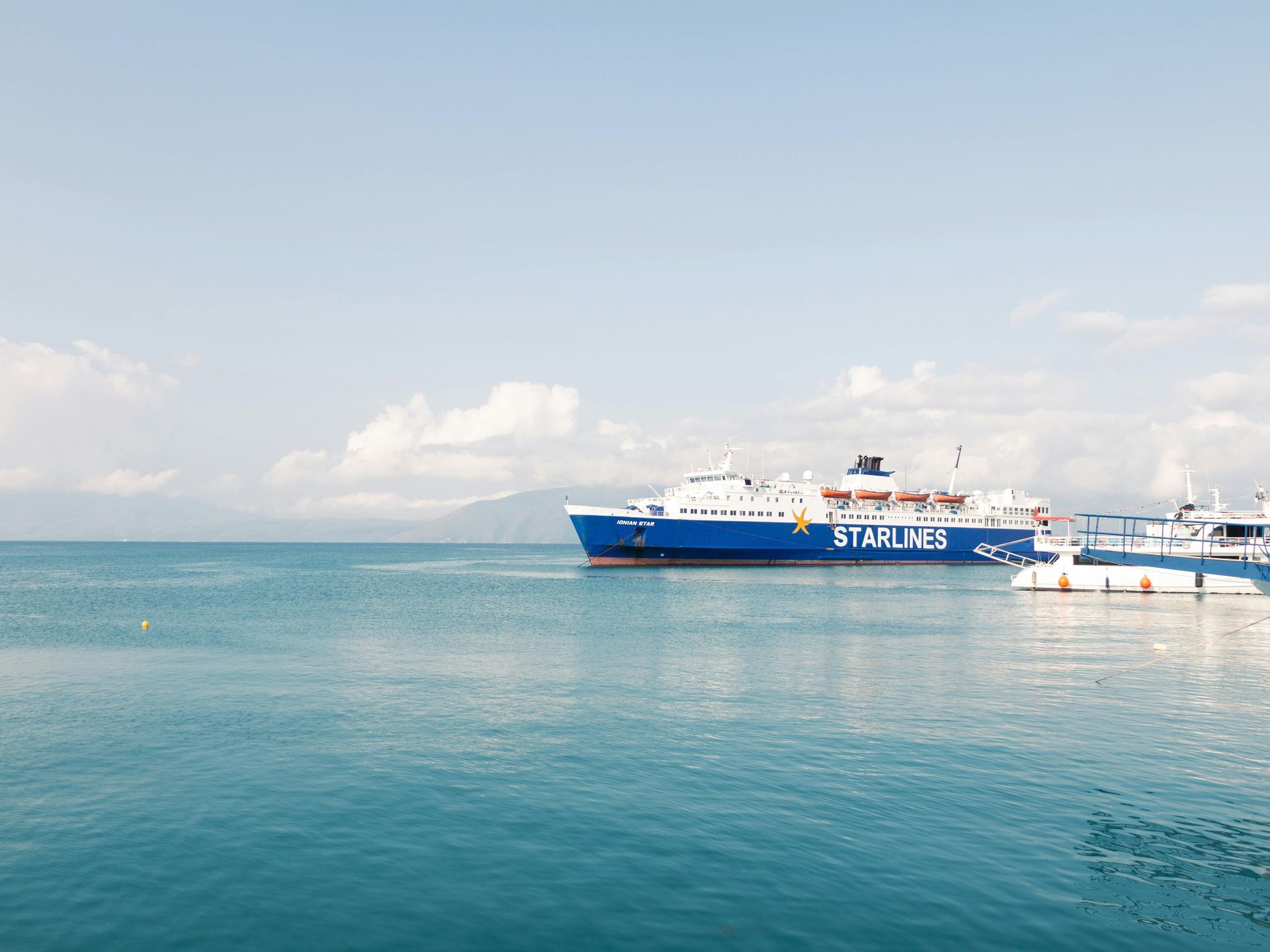
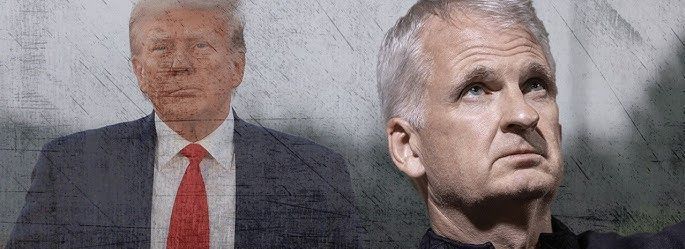
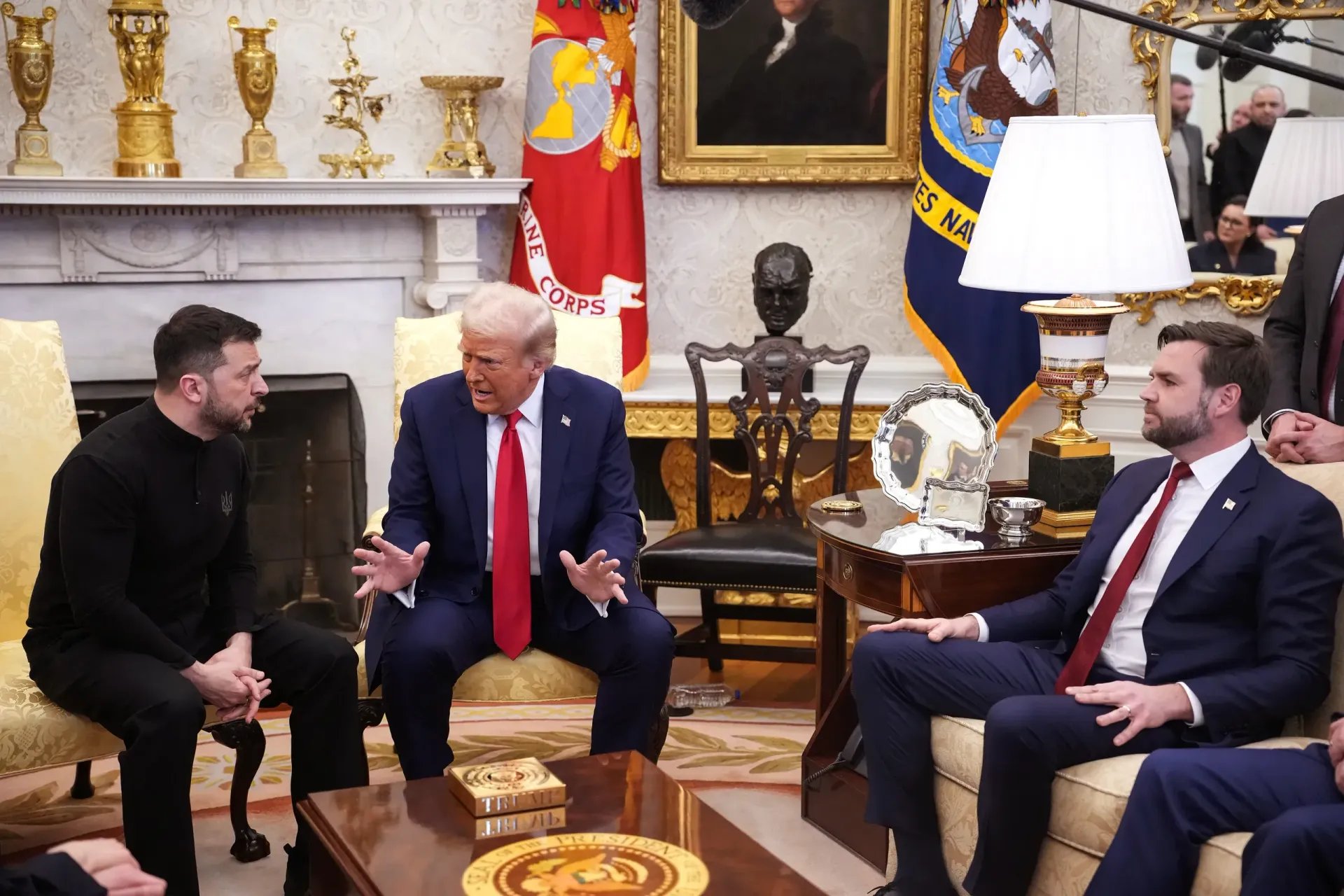
Sign Up For Our Newsletter
We will get back to you as soon as possible
Please try again later


